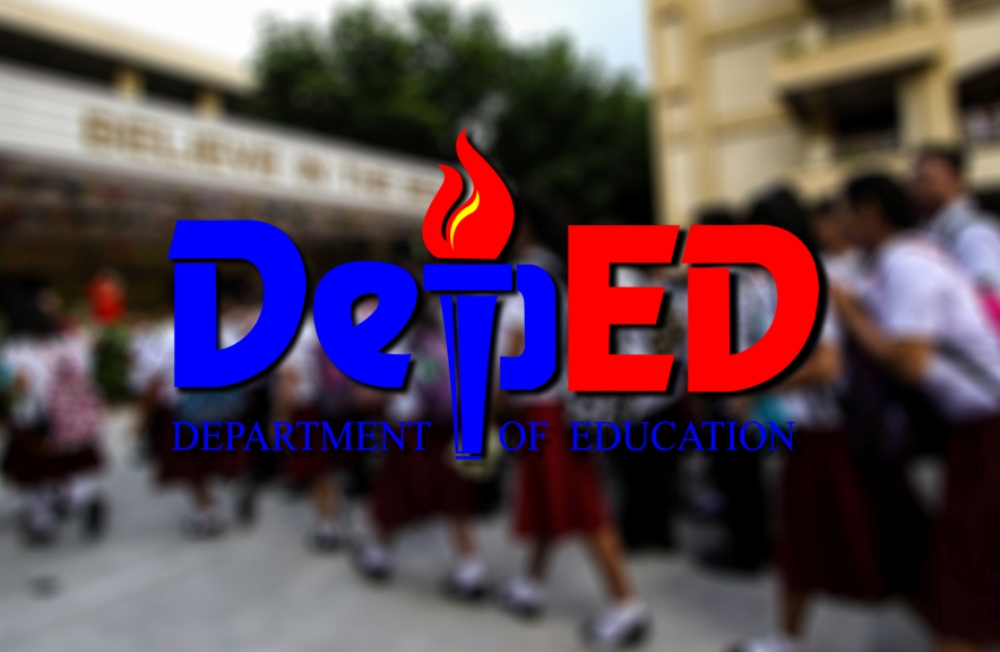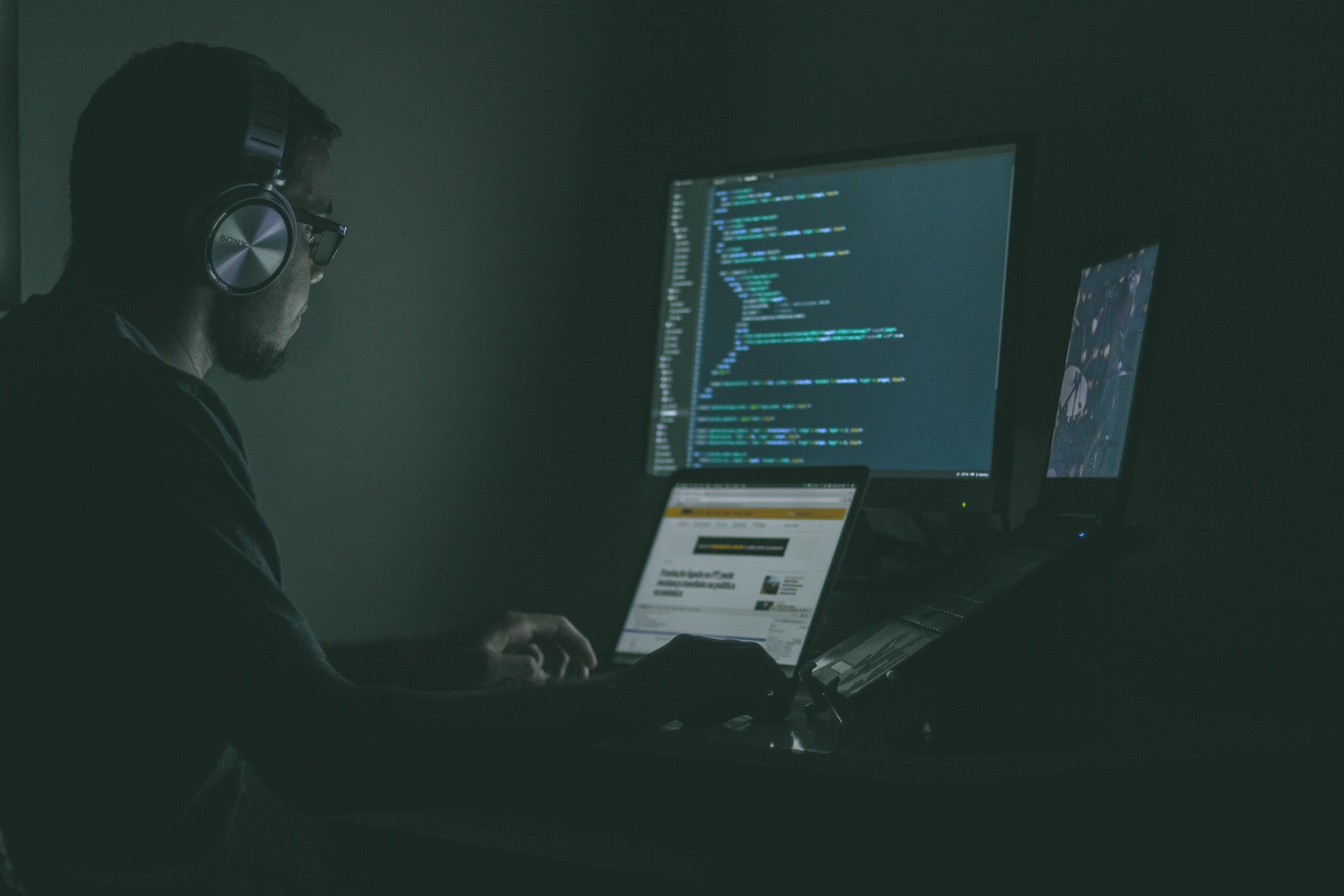Blockchain data integrity is built-in and made to last for all time. Human factors cannot subvert data, unlike politics, and its inbuilt system of manufacturing data to support its ends. A case in point is the recent news about Brazil’s education minister, who was forced to bow out of his position following reports tainting his wrongly procured reputation.
Carlos Decotelli, a Brazilian economist, recently gained prominence when he was nominated as Brazil’s education minister under the leadership of Jair Bolsonaro, who is under the pump himself for being unable to handle Brazil’s deteriorating coronavirus situation. However, after just five days into his position as one of Brazil’s most influential posts, Decotelli was asked to resign, even before he could take an official oath.
Brazil’s fiasco justifies need for blockchain data integrity
It so happens that Brazil’s Getúlio Vargas Foundation business school publicly dismissed his claim of working there as a teacher. The same school also accused Decotelli of plagiarism during his Master’s dissertation back in 2008. Reportedly, Decotelli copied excerpts from the Securities and Exchange Commission report without crediting the original author or citing it in the bibliography.
Unfortunately for Decotelli and the Bolsonaro administration, the humiliating debacle didn’t end there. The dean of the National University of Rosario went on to refute his claims that he had successfully completed all his doctoral credits and that he had acquired a Doctorate title at the university. And as if this wasn’t appalling enough already, not only did Decotelli not finish his Doctorate, he also fabricated a story about obtaining a postdoctoral certificate from the University of Wuppertal in Germany.
Although Decotelli finally agreed to withdraw from his position following shocking disclosures from his self-proclaimed alma maters, the news has left his Twitter followers shocked beyond belief. A 2017 report by Inc. shows that as many as 85 percent of candidates lie about their education credentials or experience to qualify for their dream job. But how could the verification of a sacred government position, whose very existence is for tackling such loopholes in the education sector, slip through so many cracks?
Can we let our future be based on faulty data?
What if a country’s education system is built with a liar on top? What would a country’s generations have? This fiasco highlights the need to have a method of checking qualifications and blockchain data integrity is a potential solution to the problems that seem to have no apparent answers today, and the strategies tried in the past don’t work anymore.
Because of a lack of data integrity and reliable data, businesses lose over millions of dollars every year. A recent example that upholds the need for blockchain data integrity is the coronavirus vaccine scandal. It was a result of the absence of reliable information among stakeholders, which ultimately led to scientists withdrawing their research work on the desperately-awaited vaccine.
It’s hard to overlook the promises of blockchain data integrity when the system, in itself, is inherently resistant to hacks and manipulation. Hailed as the timekeeping mechanism for years worth of data, updated to the second, blockchain essentially sets the wheels of decentralization and transparency firmly on their path.
This is precisely why the tech also has so many enemies among those who would like to manipulate and monopolize centralized systems like appointments of government officials. But as someone rightly puts it, whenever blockchain technology bumps into law, it gives it an additional boost.
Wirecard fiasco: How can you know whom to trust?
Humans would naturally lie to profit themselves, justifying the lying as a means to an end. And perhaps this is the worst sample of lies built on lies. A similar example is the epic downfall of Wirecard, a rapidly-growing German fintech. From its alight at the crossroads of e-commerce, Wirecard soon emerged as a global electronic-payments giant that didn’t shy away from pushing into emerging markets, acquiring smaller firms, striking strategic partnerships, and gaining a new consumer base.
However, some investigative journalists decided to probe into the finances of this rising giant after sensing a foul play. Somehow, massive chunks of finances just didn’t add up, thus stirring a shareholder revolt in Germany. Today, the Wirecard CEO, Markus Braun, faces serious infringement charges for using fictitious revenue to deceive investors and inflate sales. It goes to show how money is being used to buy lies.
Embrace blockchain for a guilt-free future
It is equally frustrating to know that this damage beyond repair could have been avoided if only organizations like Wirecard had taken to blockchain data integrity earlier. Blockchain technology, when deployed during audits or to verify whether or not the firm meets regulatory and financial requirements, can potentially save millions, and not to mention, an imminent embarrassment.
Lying is the worst trait in a person. And to have it ingrained in a political system, such as Brazil’s education sector that is teeming with controversies after controversies, is most deplorable. Nothing is safe anymore.
Amid this chaos, technology keeps us safe despite our tendency to lie, as human nature. It’s often said, “Wisdom is knowing the right path to take; integrity is taking it.” With how things are shaping up, it’s evident that blockchain, with its data integrity, connects human wisdom and integrity to take righteous action.
If you want to know more about blockchain and education’s future, take a look at this. In place of selfish greed and covering up for each misdeed, here’s what is worth your time:
Could incentives assist in encouraging new entrants and solutions to this problem as a way to fast track the change needed to ensure students in developing countries are not left behind? That’s the crux of the conundrum facing us today.







